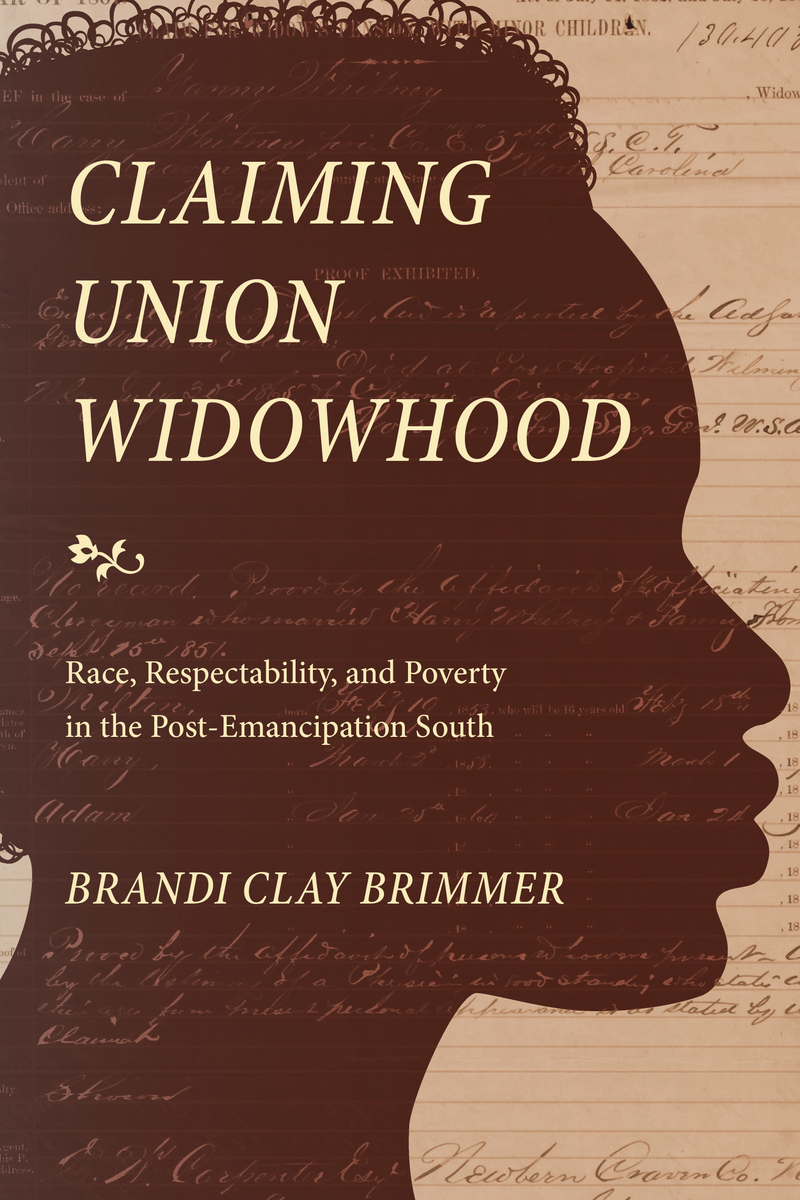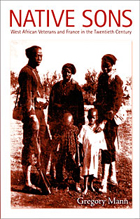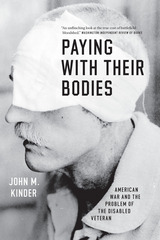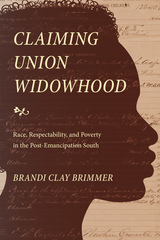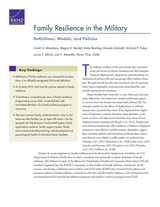Claiming Union Widowhood: Race, Respectability, and Poverty in the Post-Emancipation South
Duke University Press, 2020
Cloth: 978-1-4780-1025-8 | Paper: 978-1-4780-1132-3 | eISBN: 978-1-4780-1283-2
Library of Congress Classification UB374.N8B756 2020
See other books on: African American women | Minorities | Poverty | United States. Army | Women's rights
See other titles from Duke University Press
Cloth: 978-1-4780-1025-8 | Paper: 978-1-4780-1132-3 | eISBN: 978-1-4780-1283-2
Library of Congress Classification UB374.N8B756 2020
ABOUT THIS BOOK | AUTHOR BIOGRAPHY | REVIEWS | TOC | REQUEST ACCESSIBLE FILE
ABOUT THIS BOOK
In Claiming Union Widowhood, Brandi Clay Brimmer analyzes the US pension system from the perspective of poor black women during and after the Civil War. Reconstructing the grassroots pension network in New Bern, North Carolina, through a broad range of historical sources, she outlines how the mothers, wives, and widows of black Union soldiers struggled to claim pensions in the face of evidentiary obstacles and personal scrutiny. Brimmer exposes and examines the numerous attempts by the federal government to exclude black women from receiving the federal pensions that they had been promised. Her analyses illustrate the complexities of social policy and law administration and the interconnectedness of race, gender, and class formation. Expanding on previous analyses of pension records, Brimmer offers an interpretive framework of emancipation and the freedom narrative that places black women at the forefront of demands for black citizenship.
See other books on: African American women | Minorities | Poverty | United States. Army | Women's rights
See other titles from Duke University Press
